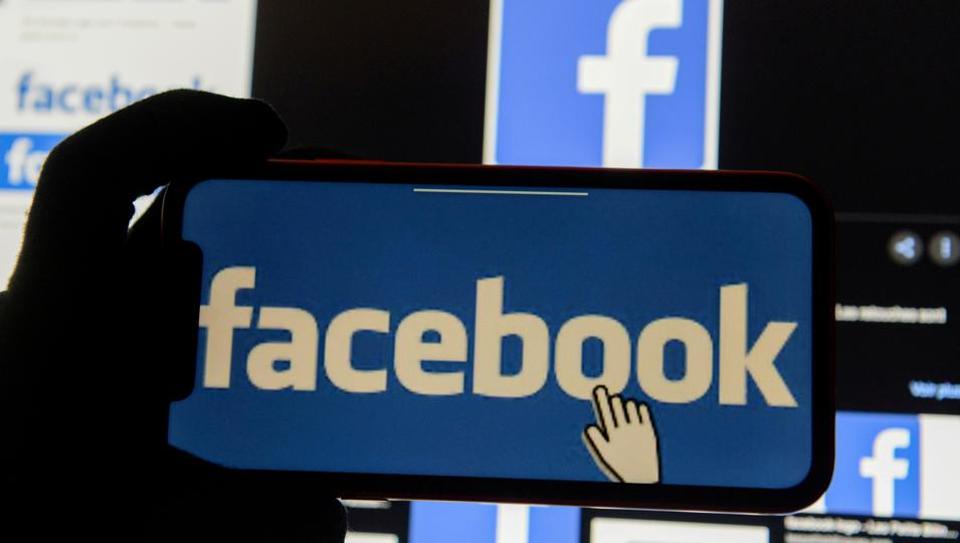Facebook gears up for wave of influencer marketing in politics
The emergence of political branded content is a reminder of how hard companies have to work to keep up with the changing landscape of political speech.

Facebook Inc. is trying to clarify how it will handle a new wrinkle in the world of digital political advertising: politicians paying influencers to post on social media platforms like Instagram, which it owns.
In the past, political entities were technically barred from offering money for posts, which has become a common practice for marketers. But Facebook is changing its policy after a New York Times report this week about how Michael Bloomberg's presidential campaign is paying Instagram creators to make and distribute posts making him "look cool."
(Bloomberg is the founder and majority owner of Bloomberg LP, the parent company of Bloomberg News.)
A company spokeswoman said Facebook has heard from multiple campaigns about the subject, and wanted it to be easy for users to identify paid political speech, whether it was direct advertising or branded content. "Branded content is different from advertising, but in either case we believe it's important people know when they're seeing paid content on our platforms," the spokeswoman said.
"The campaign was explicitly clear that these posts were ads and sponsored content," said Sabrina Singh, a Bloomberg campaign spokeswoman. "We went above and beyond to follow Instagram's rules and the text of the post clearly shows that these are the campaign's paid ads."
ALSO READ: Google, Amazon, Apple, Facebook, Microsoft face US' FTC probe over small buys
The emergence of political branded content is a reminder of how hard companies have to work to keep up with the changing landscape of political speech. These posts, also known as sponsored content — or, if you must, "sponcon" — have pushed the boundaries of advertising for the last half-decade or so.
As individual users on Instagram, Google's YouTube, Amazon.com Inc.'s Twitch and other platforms amassed large audiences, marketers began seeing them as a viable alternative to standard advertising. Influencers now regularly tout products in their posts.
Regulators have complained for years that they often do so without explaining that they're being paid. In 2017, the Federal Trade Commission sent dozens of letters to influencers and marketers requiring them to disclose any "material connection" that someone pitching a product had to advertisers. The commission is currently reviewing its endorsement policies, with an eye toward social media. "We may need new rules for tech platforms and for companies that pay influencers to promote products," FTC commissioner Rohit Chopra wrote on Twitter this week.
Catch all the Latest Tech News, Mobile News, Laptop News, Gaming news, Wearables News , How To News, also keep up with us on Whatsapp channel,Twitter, Facebook, Google News, and Instagram. For our latest videos, subscribe to our YouTube channel.































